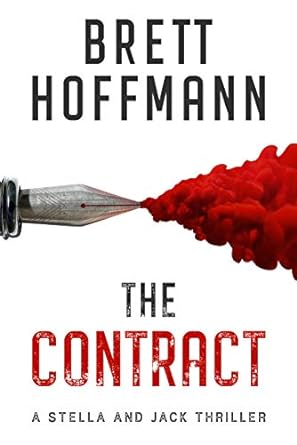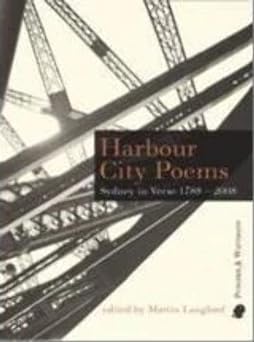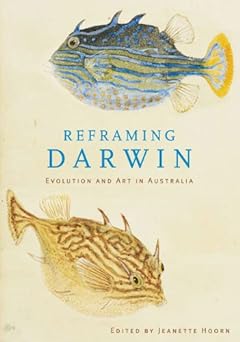Archive
Film | Theatre | Art | Opera | Music | Television | Festivals
Welcome to ABR Arts, home to some of Australia's best arts journalism. We review film, theatre, opera, music, television, art exhibitions – and more. To read ABR Arts articles in full, subscribe to ABR or take out an ABR Arts subscription. Both packages give full access to our arts reviews the moment they are published online and to our extensive arts archive.
Meanwhile, the ABR Arts e-newsletter, published every second Tuesday, will keep you up-to-date as to our recent arts reviews.
Recent reviews
The line between picture books, graphic novels and comic books is becoming increasingly blurred as picture books adopt elements from a wide range of graphic forms of storytelling.
... (read more)The first issue of The Warwick Review, a quarterly magazine published by the Writing Program at the University of Warwick, appeared in March 2007. The journal has maintained a high standard and a commendable variety ever since. Like previous issues, the March 2009 edition is divided into sections that focus on certain kinds of writing, or certain places from which writing has emerged.
... (read more)







